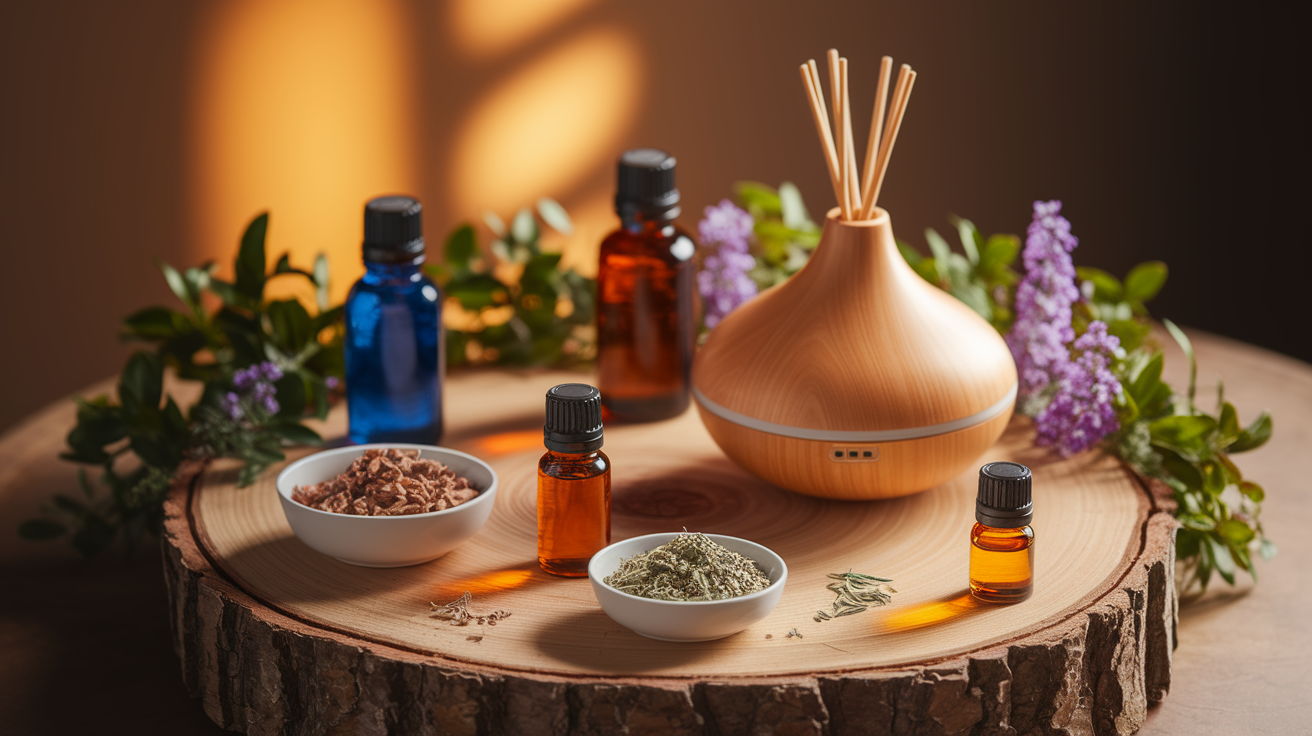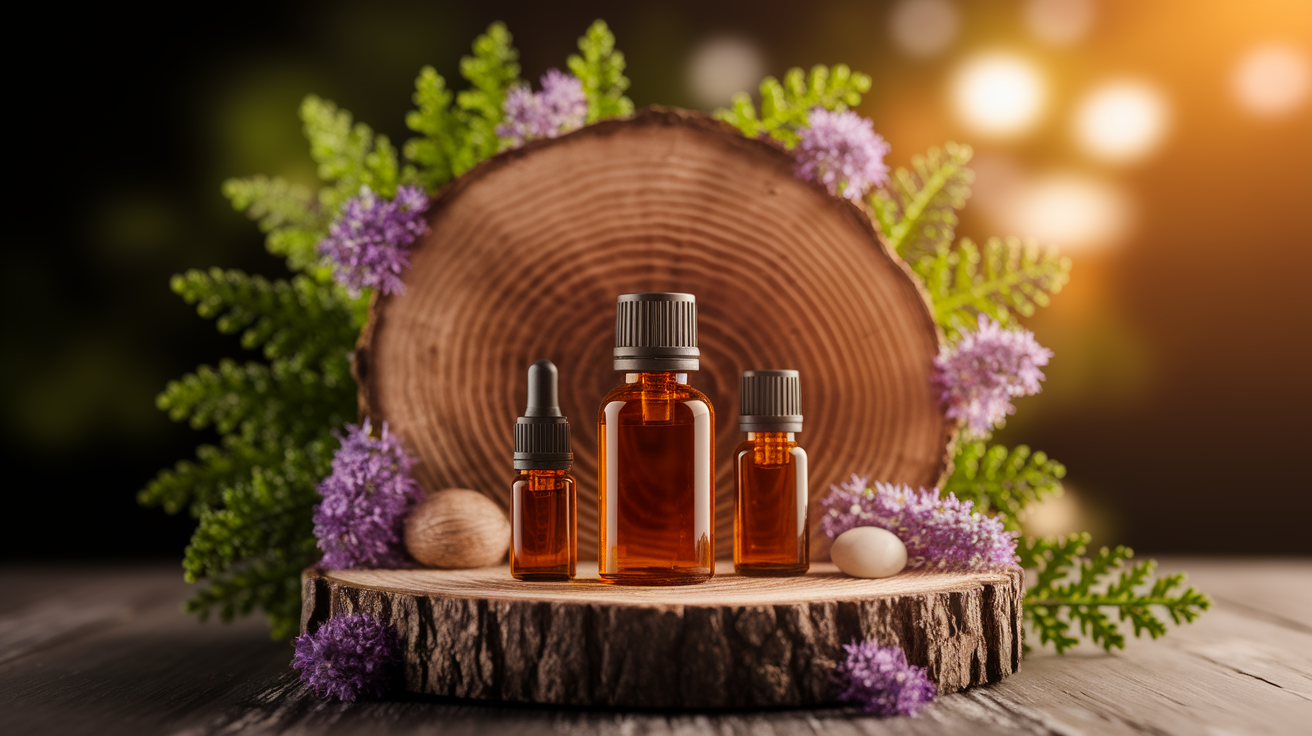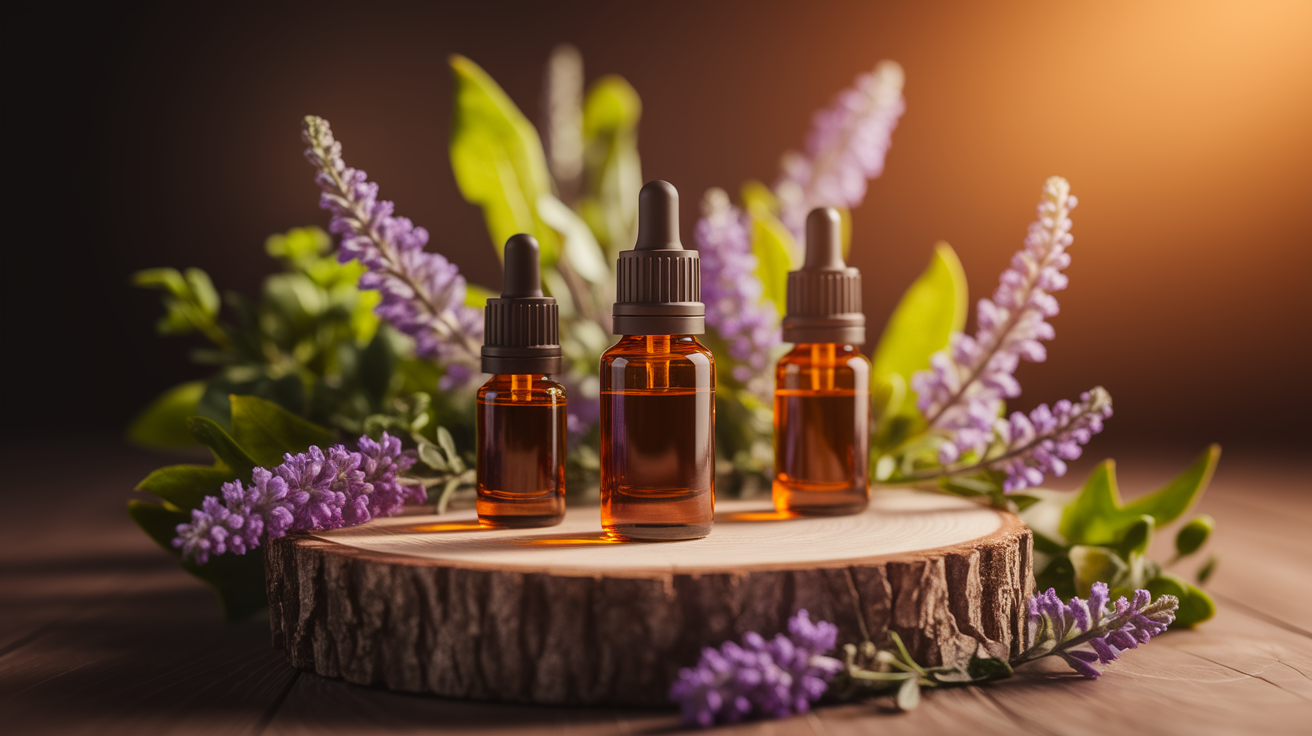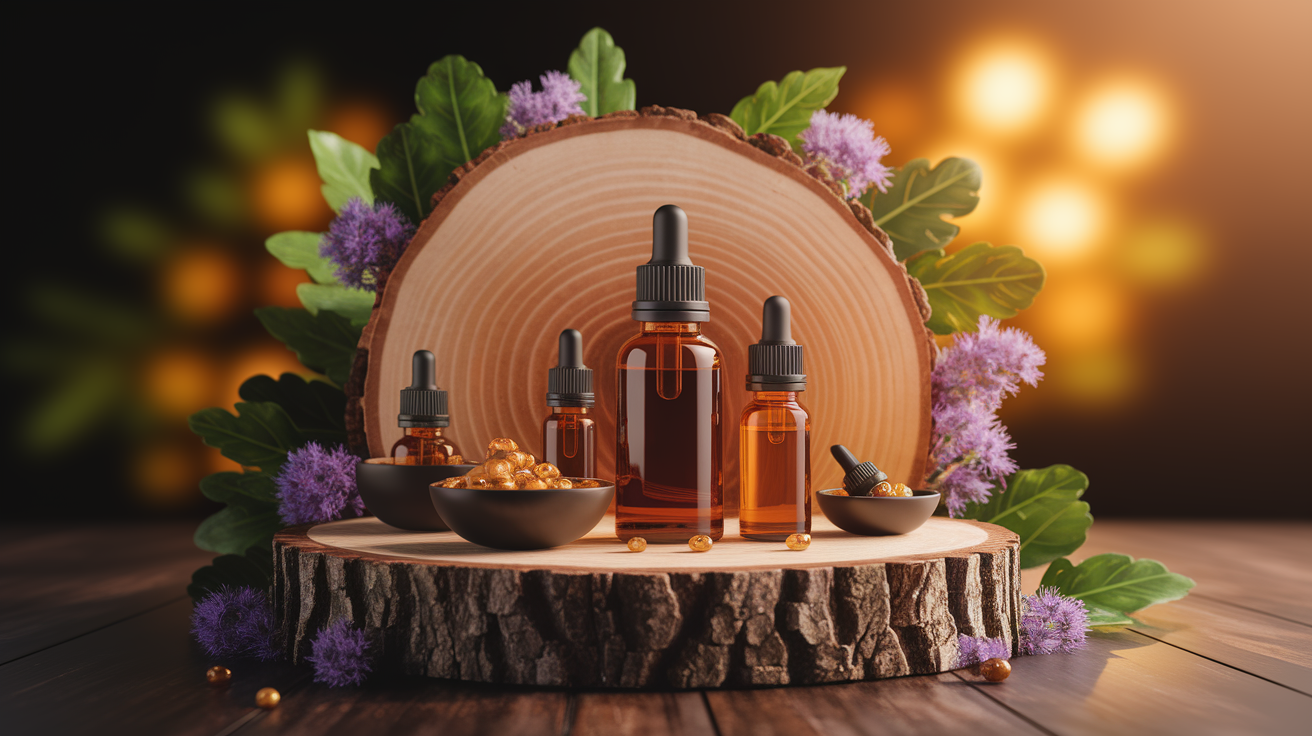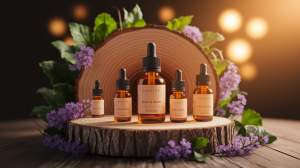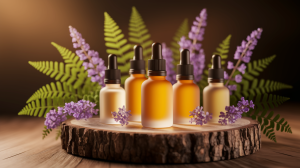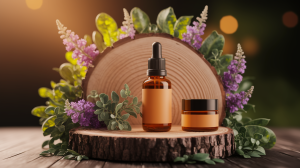Aroma in Action — Your First Step
Picture this: you’re setting up a little table with neatly lined amber bottles, each one holding its own story—lavender whispering calm, peppermint buzzing with fresh energy, and that warm, spicy hit of cinnamon that feels like a hug on a cold day. The very first step of starting an aromatherapy consulting practice is not just about business moves—it’s about creating a space where scent meets purpose. Before anything else, ground yourself in what aromatherapy really is. It’s the therapeutic use of essential oils to improve physical and emotional well-being, and this fast-growing part of the wellness industry is all about connection between mind, body, and nature.
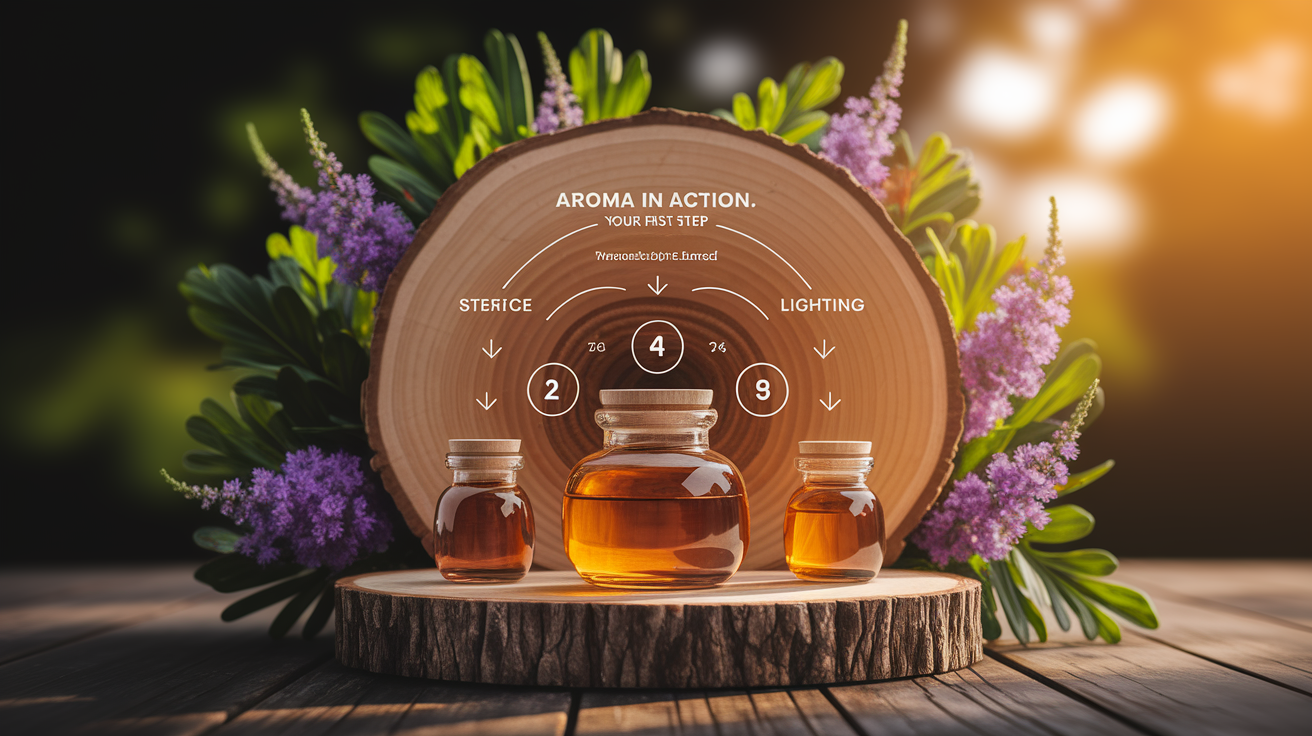
Starting here means knowing why you’re doing it and how you want your clients to feel the moment they sit down with you. That first impression—sometimes it’s the gentle waft of bergamot in the air—will be the anchor for everything you build afterward.
Build Your Aromatherapy Expertise
Now, you could throw yourself into blending oils right away, but if you’re advising others, you’ll want a solid foundation. That’s where formal aromatherapy training and certification comes into play. You’ll dive into essential oil properties, safety protocols (trust me, undiluted oregano oil on the skin is a mistake you won’t forget), and the art of tailoring therapeutic aromatherapy plans for different needs—stress relief, better sleep, a mood lift.
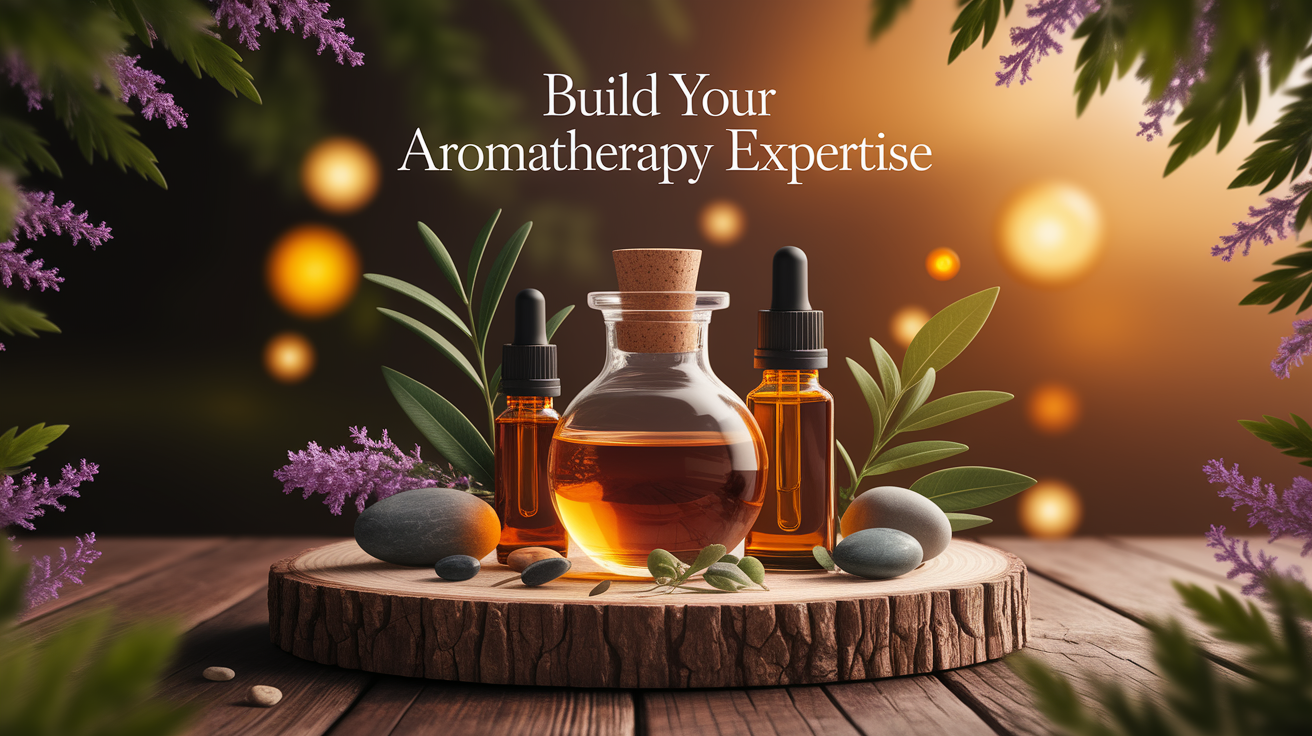
Even though the industry isn’t strictly regulated, becoming a certified aromatherapy consultant adds trust and professionalism to your work. It’s like having a compass in the ever-evolving world of holistic wellness practice—you know exactly which way to steer your sessions and essential oil recommendations.
Legal Foundations and Business Structure
Here’s where things get very “real world.” Starting your consulting practice means picking a legal structure you can live with—sole proprietorship, LLC, or something else entirely. You’ll need to register it, snag any necessary permits, and yes, look into an aromatherapy license if your region requires one. This might feel less romantic than discussing jasmine’s heart-notes, but it keeps your natural healing practice protected.

Insurance is your safety net, and professional liability coverage can save the day if a client has a bad reaction or misuses an essential oil. Think of it as part of your essential oil safety protocols—only this time, the blend is paperwork and peace of mind.
Crafting Your Business Plan and Budget
Every flourishing wellness entrepreneur I’ve met has one thing in common: they know the plan before they pour the oil. Write down your vision and your target market—are you offering essential oil therapy for busy professionals, new moms, or spa clientele? Outline your services, be it one-on-one consultations, group workshops, or customized blends. Use resources like the aromatherapy business plan guide to plot start-up costs and potential revenue streams.
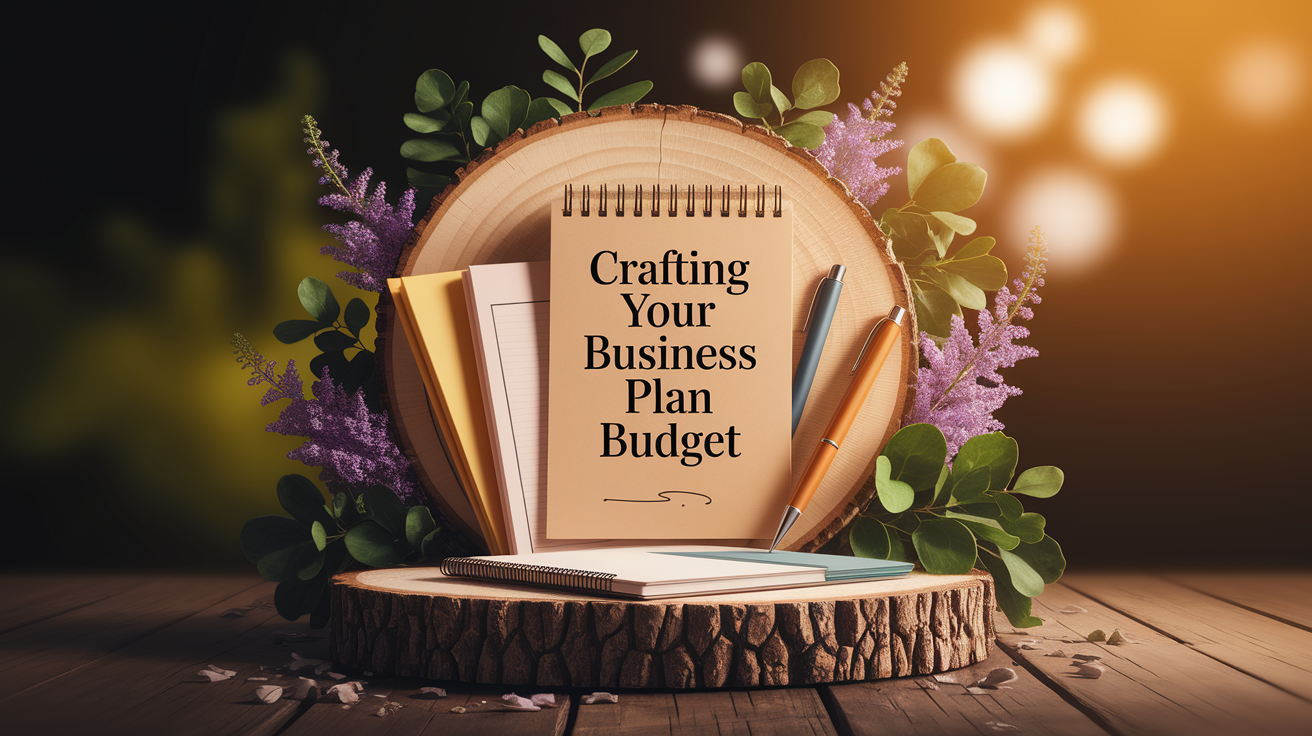
The budgeting part can be eye-opening. You’re accounting for education fees, insurance, licenses, marketing costs, and possibly renting a cozy consultation space. You can absolutely start from home to slash overhead, and many do—it makes that first year gentler on your wallet. But don’t skimp on a quality website or branding; they’re your digital handshake with new clients.
Marketing Your Consulting Practice
Now comes the fun blend: creativity and outreach. Imagine snapping a picture of your latest essential oil blend on a sunlit counter—Instagram eats that up. Share tips, client success stories, and behind-the-scenes videos of your therapeutic grade oils. According to guides like this one on aromatherapy business marketing, your online presence is often the deciding factor for potential clients.
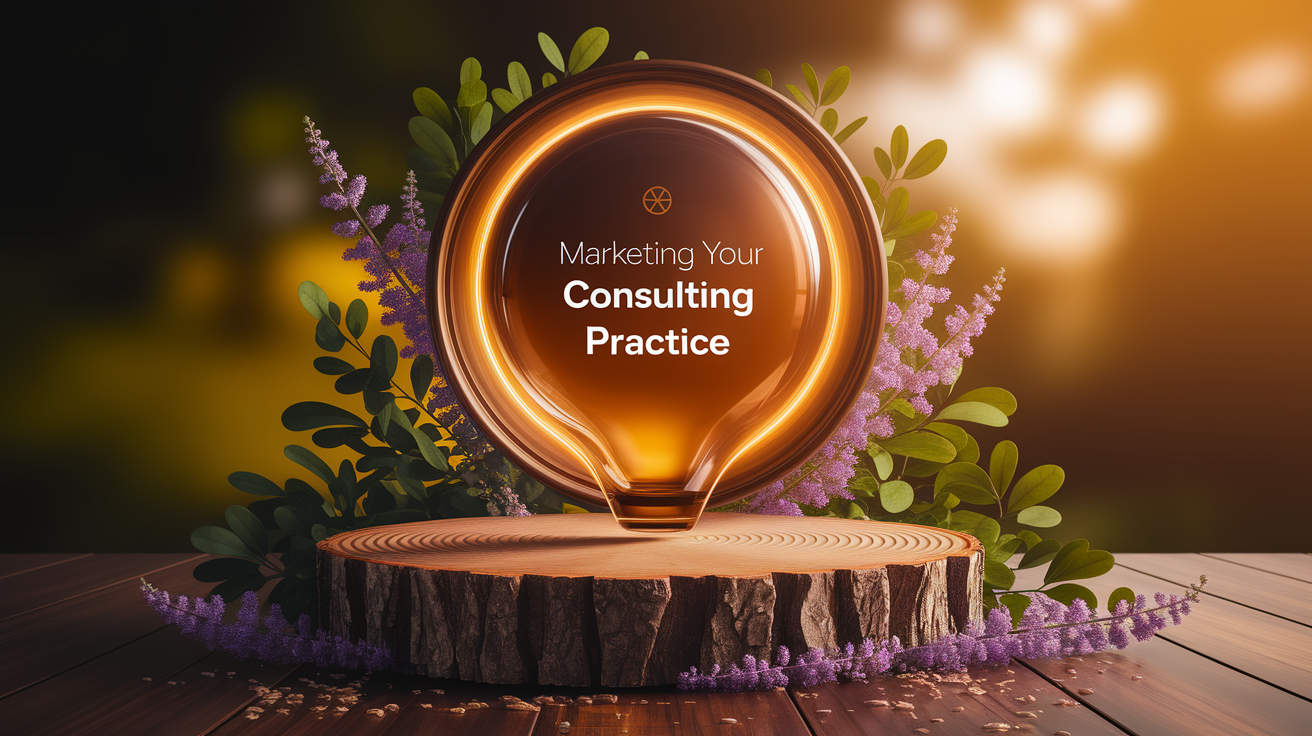
Don’t forget the offline world. Network with wellness centers, spas, and complementary medicine practitioners—they can send clients your way. Offer mini aromatherapy sessions at local fairs or wellness events. You never know when someone will be drawn in by the waft of sweet orange and end up booking a full consultation.
Operations and Client Experience
Here’s where you shape the heart of your business. Your operations need to be smooth, from client intake forms to appointment scheduling. Maybe you’re hosting consultations in a quiet, plant-filled room, or perhaps over a video call. Either way, make it warm and inviting.
Clients remember the little human moments—a comforting note after their first aromatherapy session, a follow-up email with tips geared to their needs. A calm, uncluttered workspace reinforces your professional image and makes people feel safe sharing their health concerns. Your role as an aromatherapy practitioner isn’t just about knowledge—it’s about holding space for someone’s journey into natural health.
Scaling with Product Sourcing (Optional)
If you want to add essential oil retail to your offerings, sourcing is everything. You’ll want suppliers known for therapeutic grade oils, organic certifications, and transparent ingredient lists. The advice from product manufacturing guides makes it clear: strong vendor relationships save you headaches and help ensure quality.
Carrying your own blends means designing labels, writing clear usage instructions, and implementing quality control procedures. It can create a whole new revenue stream, but it also deepens trust—clients know exactly where their oils come from, and they associate that purity with your brand.
Conclusion — Scenting Your Path to Success
Starting an aromatherapy consulting practice is part art, part science, and part sheer heart. From your first business decision to the moment someone inhales a blend you’ve created just for them, you’re building a holistic wellness practice that resonates deeply. When your knowledge, legal foundations, client experience, and marketing come together, it’s not just a business—it’s a sensory journey you get to guide, one drop at a time.

